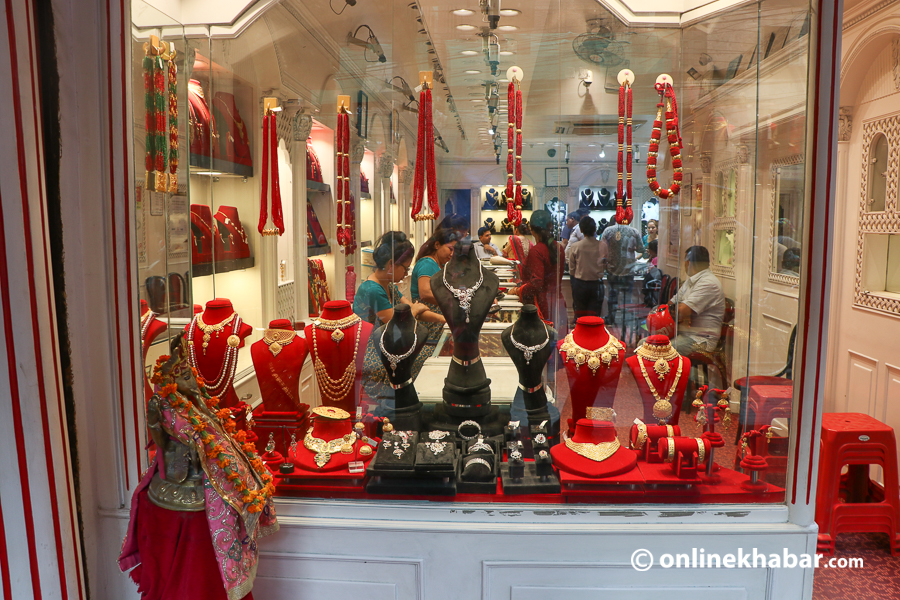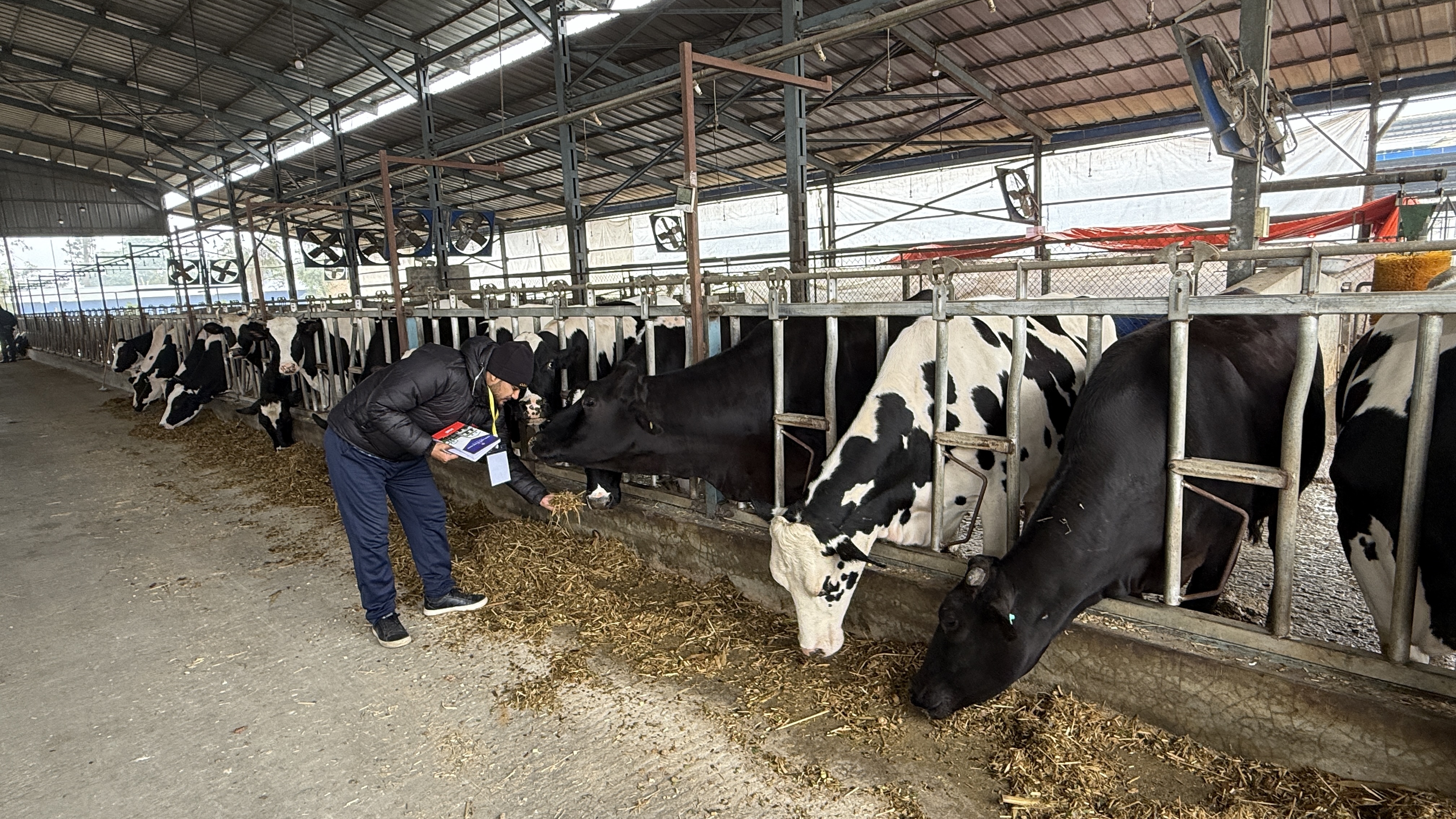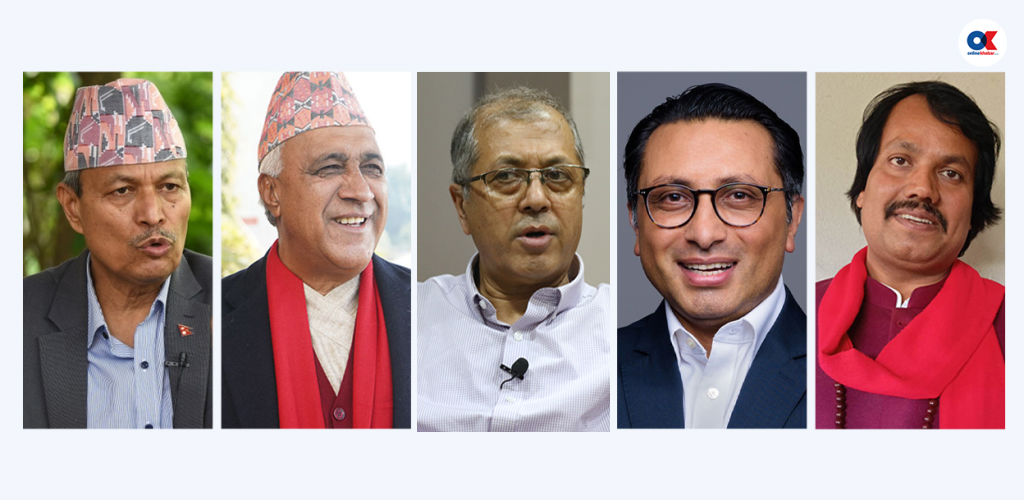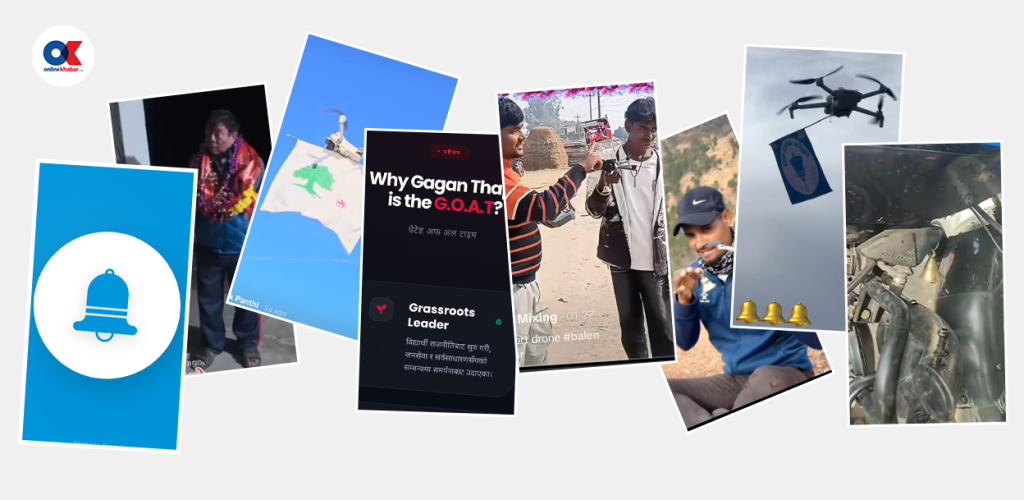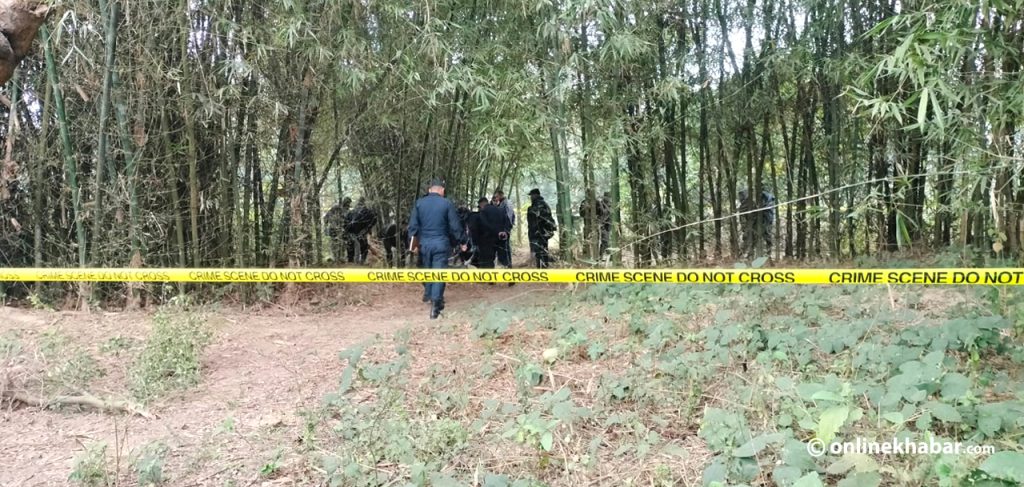
Dashain and Tihar have always been considered the peak season for Nepal’s automobile market. In previous years, showrooms across the country would be packed with customers, festive offers would draw huge attention, and dealers would be overwhelmed with sales. This period was regarded as the “golden season,” generating more than half of annual sales and injecting fresh energy into the entire market.
This year, however, the situation has turned bleak due to the Gen Z movement. At a time when the auto market should be buzzing, showrooms lie deserted. Dealers are struggling with multiple challenges instead of managing crowds of eager buyers.
The absence of customers aspiring to buy new cars during the festive season has left both businesses and consumers disheartened. The gap between the enthusiasm of past years and the gloom of this year has raised serious concerns about the industry’s future.
Violent protests on September 8 and 9 targeted dozens of showrooms nationwide, leaving them gutted by fire and vandalism. Losses have amounted to billions of rupees. Thapathali, the hub of automobile trade, now stands desolate, with once-bustling showrooms reduced to ruins.

Showrooms of established brands such as Xpeng and Avon of CG Motors, Suzuki, Mahindra, and Tata have been completely destroyed, while Hyundai and Citroen outlets also suffered extensive damage. Dealers, who usually rely on this season to secure a major portion of their annual business, now face the challenge of rebuilding their premises instead. With reconstruction likely to take months, the crucial festive sales window is set to be lost, dragging this year’s market into near-zero activity.
The unrest has not only caused physical damage but also dealt a blow to business morale. Political instability and uncertainty have deepened fears among entrepreneurs nationwide about the future business climate.
Just weeks ago, optimism was high following two major exhibitions recently — the NIMA Nepal Mobility Expo and the NADA Auto Show — where around 7,500 vehicles were booked. Many were scheduled for delivery during Dashain. However, mass cancellations have dashed those hopes, leaving dealers in distress.
Compounding the crisis, vehicle imports have stalled at Tatopani and Rasuwa customs points due to floods and landslides. Although the Korola border point opened a week ago, allowing 209 electric vehicles (EVs) mainly BYD, Leap Motors, and Omoda models to enter Nepal, the supply remains insufficient.

“We are sitting idle in what should have been the busiest season,” said one auto dealer, requesting anonymity. “We cannot even deliver vehicles booked during the auto shows. Our business has collapsed.”
Dealers now face both financial strain and eroding customer confidence. Many customers are canceling bookings, citing political uncertainty and recent unrest as reasons for holding back on major investments. “People feel it is risky to buy cars in such uncertain times,” the dealer said.
Tata Motors Nepal also reported heavy losses, with eight vehicles including five EVs destroyed in fires at its showroom. “The destroyed cars were valued between Rs 3 million and Rs 13 million each,” said Abhiruchi Giri, head of marketing. A temporary showroom has been set up to continue operations, and the company has launched festive offers to revive the market.

Still, overall morale remains low. Dealers, who once sold 60–70 per cent of their annual stock during Dashain and Tihar, now report almost no sales. Some say customers, wary of unrest and instability, prefer keeping their old vehicles rather than buying new ones. One company with 150 bookings lost nearly 70 per cent of them after the protests.
Business leaders stress that government assurances of security and stability are vital. Without a safe and predictable environment, they warn, investment will dry up, and recovery may take two to three years.
For both customers dreaming of new cars and dealers hoping to meet those dreams, this festive season has turned out to be dull and painful.






